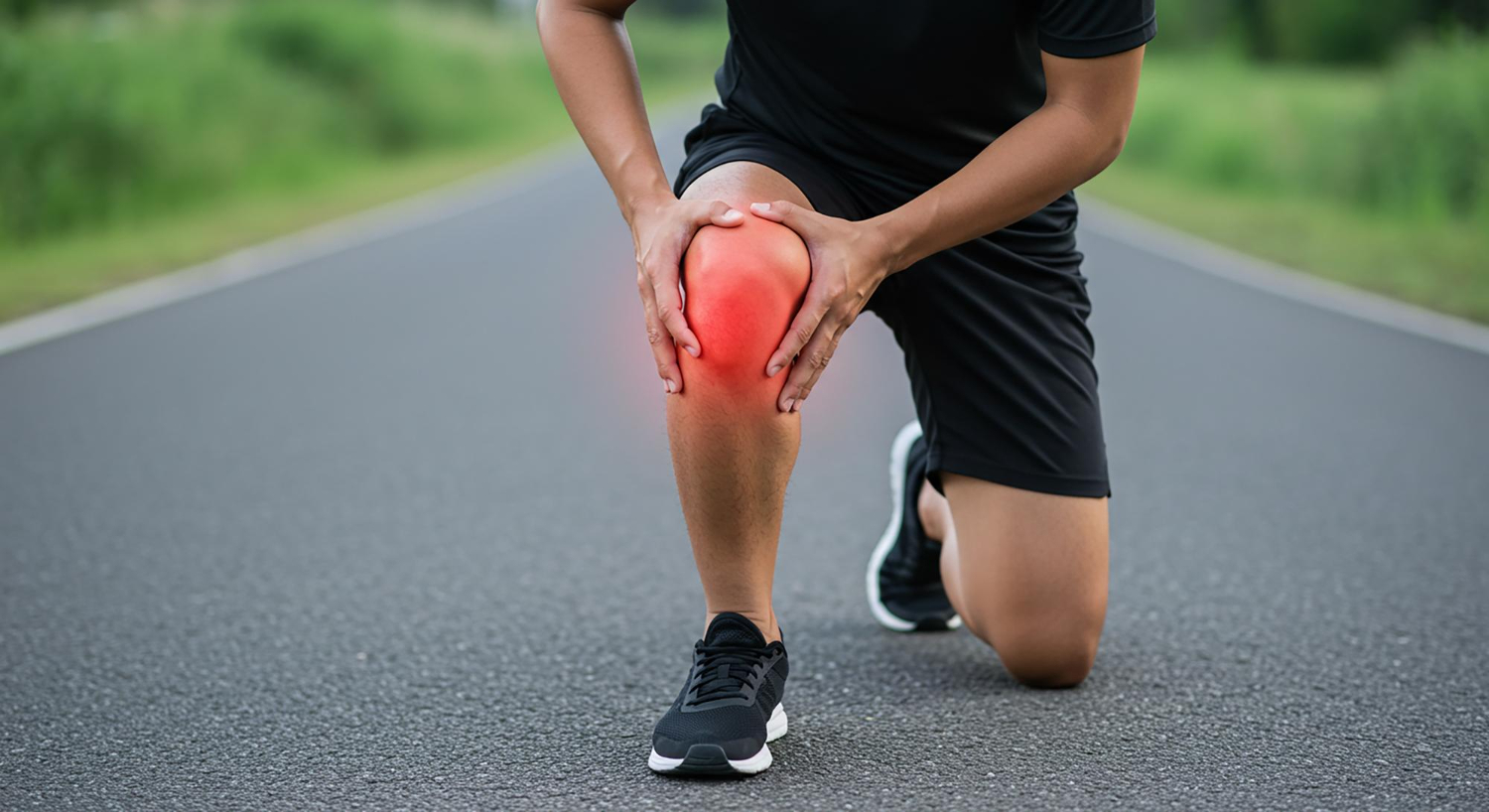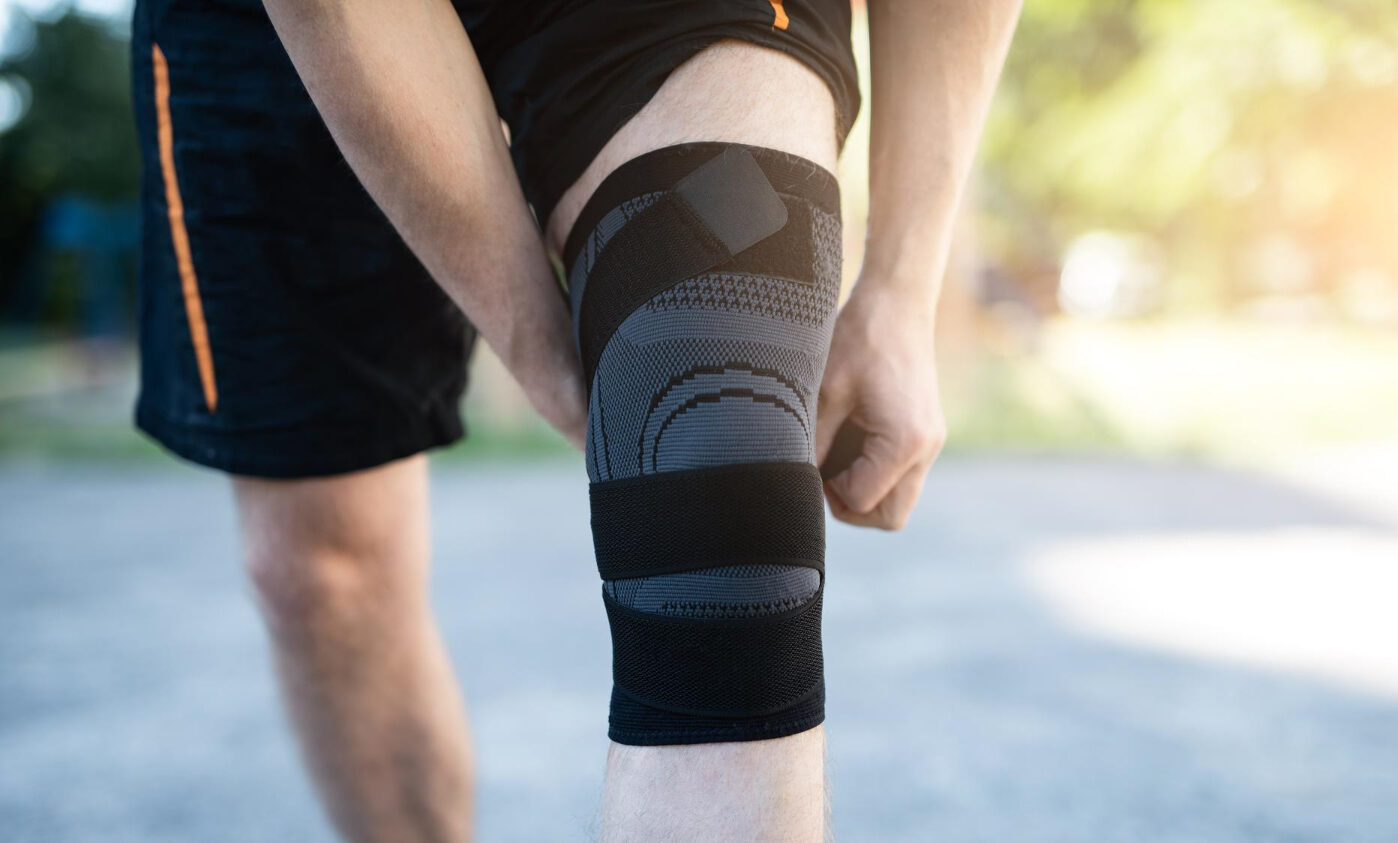In an era where smartphones have become extensions of our limbs, it’s easy to overlook the physical toll they can take on our bodies. From scrolling through social media feeds to endless texting marathons, the hours we spend glued to our screens can have profound effects on our musculoskeletal health. It is important to look into the orthopaedic effects and dangers of prolonged phone use. This sheds light on how our beloved devices might be harming us more than we realise.
The Posture Problem
One of the most common issues associated with excessive phone use is poor posture. Picture this – head bent forward, shoulders hunched, and spine curved into a C-shape – a position all too familiar to smartphone users. This posture, often referred to as “text neck” or “tech neck,” places tremendous strain on the cervical spine and surrounding muscles. Over time, this can lead to chronic neck and shoulder pain, stiffness, and even long-term spinal misalignment.
The Strain on Muscles and Joints
Beyond the neck and shoulders, prolonged phone use can wreak havoc on other parts of the body as well. Constantly tapping away on a tiny screen can strain the muscles and tendons in our hands and wrists, potentially leading to conditions like carpal tunnel syndrome or tendonitis. Moreover, the repetitive motion of scrolling and typing can exacerbate existing joint issues, such as arthritis, making them more painful and debilitating.
The Impact on Eyesight
Our eyes aren’t spared from the effects of excessive screen time either. Staring at a bright, backlit screen for extended periods can cause digital eye strain, characterised by symptoms like dryness, irritation, and blurred vision. Moreover, the blue light emitted by smartphones can disrupt our circadian rhythm, making it harder to fall asleep and potentially contributing to long-term eye damage.
The Psychological Toll
While the physical effects of prolonged phone use are concerning enough, let’s not overlook the psychological toll it can take. Studies have linked excessive smartphone usage to increased levels of stress, anxiety, and depression. Constant notifications, social media comparisons, and the pressure to always be connected can exacerbate mental health issues and diminish overall well-being.
Prevention and Mitigation Strategies
Fortunately, there are steps we can take to mitigate the orthopaedic effects of prolonged phone use and promote healthier habits. Here are a few tips to consider:
- Practice Proper Ergonomics – Maintain good posture while using your phone by holding it at eye level and supporting your arms with pillows or armrests. Take frequent breaks to stretch and relax your muscles.
- Limit Screen Time – Set boundaries for yourself and establish screen-free zones or times during the day. Use smartphone features like screen time tracking and app limits to monitor and control your usage.
- Optimise Display Settings – Adjust the brightness and colour temperature of your phone’s screen to reduce eye strain, especially in dimly lit environments. Consider using blue light filtering apps or glasses to minimise exposure to harmful blue light.
- Exercise Regularly – Engage in activities that strengthen your muscles and improve flexibility, such as yoga, Pilates, or strength training. Pay special attention to exercises that target the neck, shoulders, and hands to counteract the effects of prolonged phone use.
- Seek Professional Help – If you’re experiencing persistent pain or discomfort related to smartphone use, don’t hesitate to seek help from a healthcare professional. Physical therapists, chiropractors, and orthopaedic specialists can provide tailored treatment plans to address your specific needs.
While smartphones have undoubtedly revolutionised the way we communicate, work, and navigate the world, it’s essential to recognise the potential orthopaedic effects and dangers of prolonged phone use. By adopting healthier habits, practising mindfulness, and seeking support when needed, we can minimise the negative impact of excessive screen time on our musculoskeletal health and overall well-being. So, the next time you reach for your phone, remember to give your body a break and prioritise your physical and mental health. Your spine, muscles, and joints will thank you for it in the long run.












